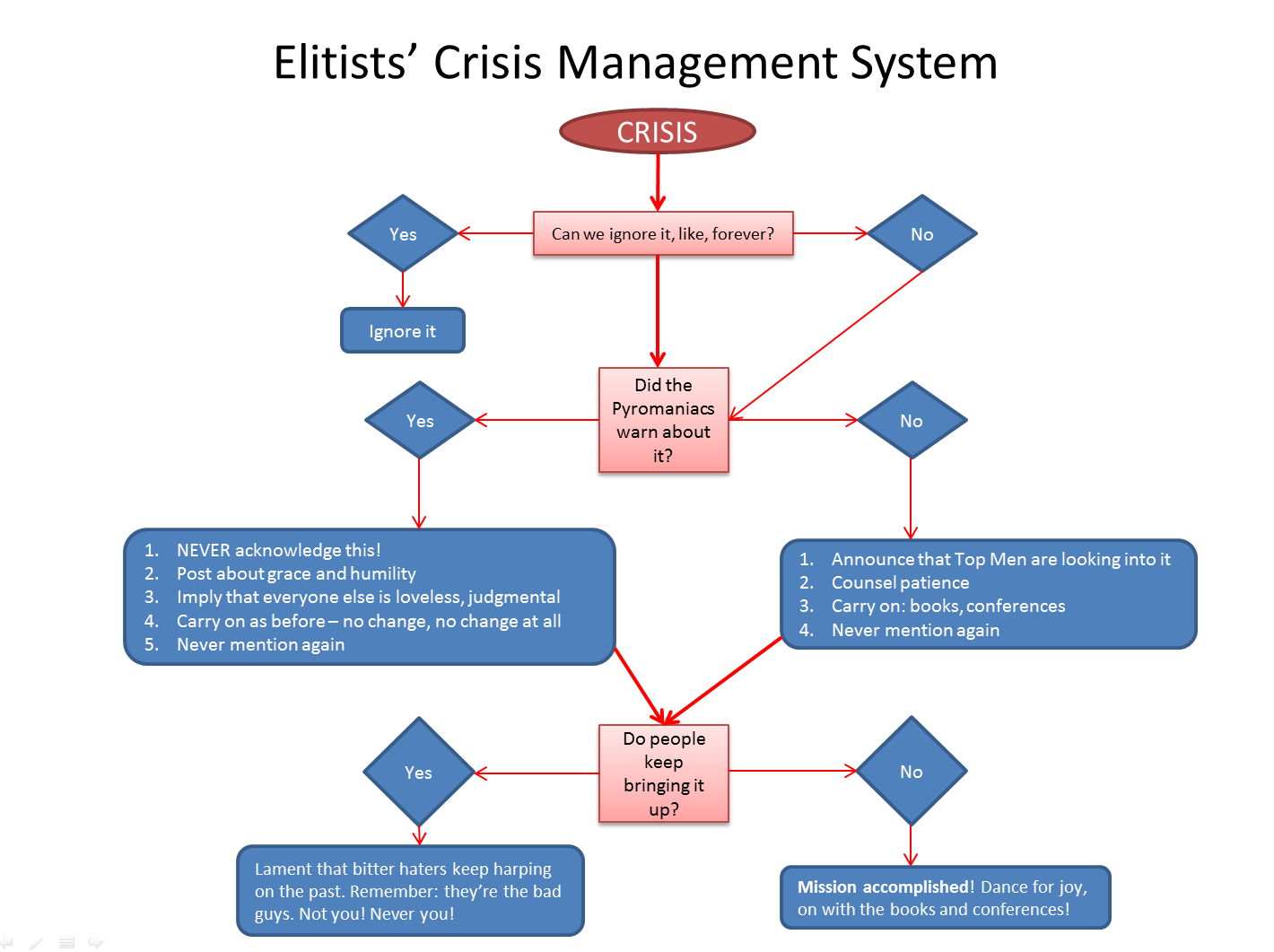by Dan Phillips
Since age is a matter of math, and not maturity, I qualify as an old guy. It comes with lots of aches, lots of pains, and lots of regrets. I figure there have to be
some perks to it — one of which is the right to issue sagacious lectures to yoots.
Like the one that follows.
A while back, a young feller doing a sort of intern ministry in a church confided to me, a visitor, that he felt like some people were despising his youth (cf. 1 Tim. 4:12). Without even having to think, I replied that looking back I think the problem was that people didn't despise my youth nearly enough.
Here's the thing: when you're young, often matters look a lot sharper simply because you
don't know as much. The picture is crowded by fewer details, and
far less experience. It's like looking at the most rudimentary map, on paper: this dot is where you are, that dot is where you're going, and there's just this line with a few jogs and curves connecting the two dots. How hard can it be? Enough with the planning and providing and deliberating — let's go!
Take this satellite shot of a secret fishing place I've known for decades.
The trail is off in the trees to the right. The lake is on the left. As you look at this shot, you think, "Should be easy as pie. Just leave the trail, head straight west, and bang, you're there." Yeah, except no. For one thing, there is no trail to this lake. For another, no sign says where to leave the main trail. For yet another, the trail is in tall pine trees. No landmarks are visible from the trail, indicating where the lake is. What's more, the whole trek is through pine trees, over shifting boulders, through scratching bramble, and off into another little forest.
Also, the terrain is
much more rugged and uneven than it looks in the picture. The rocks are a lot more challenging, the trees a lot thicker and more blinding. It's a rough slog, and what really
is easy is to shoot too high or too low — and once you do
that, you don't know which you've done. Is the lake further up, through brambles and bushes? Or is it back down, over rocks and between trees?
"Wow," you say, "it doesn't look like that at all. It looks flat, straightforward, simple. How do you know all that?"
Because I've been there. Again and again, since my father took me probably 45+ years ago. I've made all those mistakes, and I've finally worked out a system.
Everything looks easier on paper, and let's be honest: to a young guy, most things still are on paper.
The "plus" of the clear-eyed, goal-oriented, let's-go-get-'em perspective of yoots is that old guys
can get bogged down in the process. They (we)
can get overly concerned with nuts and bolts and details, and they
can lose sight of the objective — lose sight of it, and, buried under the necessities, lose the joy and excitement and insistence of it. This makes young guys lose patience with old guys, and sometimes provokes them to over-correct. They may bellow "Blast the details! You sit and figure! I'm going!" The old guys shake their heads, roll their eyes, and get back to listing and calculating, or maybe just to shoring up and maintaining.
The Gospelly truth of the matter — as I have
preached and written at length — is that we need each other. The young man who impatiently sets out to find a church exclusively made up of and led by young people is a fool, to be blunt about it. But the old folks who dismissively wave aside youthful enthusiasm and energy are equally foolish, and shortsighted to boot. (Cf. Proverbs 20:29 for both.)
The solution to this divide is the same as the solution to racism:
a strident and resentful sense of victimhood and entitlement!
Hah, just seeing if you're still awake and thinking. No, of course the solution literally and simply is the Gospel, and the graces born of the Gospel — graces of love and patience and forbearance and compassion and humility and longsuffering-without-acting-like-you're-suffering-all-that-long-or-all-that-much.
Now I speak often to the older folks, urging them to welcome and hear the young, not to exclude them. This time I want to target the young. I will remind you (as I did the young man mentioned earlier) that there's a reason why God named the leading office in church "
elder" and not "
younger." There's a reason why respect for your elders isn't just a 1950s value, it's a Biblical value (Leviticus 19:32; Proverbs 16:31; 1 Peter 5:5). For the sake of this discussion, I will assume (charitably) that you have things to say that the older folks in your church need to hear.

So how will you make it
easier for them to hear what you have to say, with unpursed lips and unraised eyebrows? Simple. Three steps.
- Introduce yourself to them all, learn their names, get to know them as people. Don't stand off in your youth-ghetto, until you want to come and ask for something. If you retort "But they stand off in their oldth-ghetto," I'd reply (A) yeah, real mature response, bro ("They did it first!"); and (B) they probably figure you'd be uninterested in them. They hear that message a lot in the culture. But we are supposed to be counter-cultural, where the culture sneers at God. So show them wrong. It really, really is to your benefit, as well as theirs and the church's.
- Attend all the church meetings you can. Yep, you heard me. Think about it. That's where the life of the church happens. Learn what questions they're asking, what their concerns and needs are as expressed in prayer. Learn more about what your church is teaching and doing. Perhaps you can help. But more to the point, in this way show that you are part of the whole life of the church. You're not just some fly-by, strafing the church with opinions and demands and big ideas and projects, set to move off any second for marriage/college/job, leaving them to resume the heavy lifting — in addition to clean-up and repair work from your ideas. Otherwise, if you're not usually there when the family gets together, what's the natural conclusion?
- Volunteer profligately for service opportunities. You're young, you have time and energy. So use it to serve the Lord in your church. See, think about this: these older folks you may sneer at are the ones who built that church, under God. They paid for it all. They painted it, weeded it, maintained it, serviced it. They prayed for it, wept for and with it, bore with it, built it. They've hung in there through fads and movements and insurrections and dramatic comings and departures. They've borne the heat and pressure of the day. On unglamorous church work days, where there's yard-work or furniture moving or painting or suchlike, who do you think makes up the majority of volunteers? The under-thirty crowd? Or the over-fifty? And you just want to ride in, attend one service a week, never participate in fellowship, and tell them how they're doing this or that all wrong? Earn their respect before you insist on it. When they've seen you volunteer kid-watch detail, or painting, or weeding, it's a lot easier to hear your thoughts about the direction or messaging of the church.
I want to see youngers and olders listening to each other, loving each other, pooling their resources, and working together for the spread of the Gospel and the health of the local church.
This would help.
You're welcome. Er, y'know...
dude.




































